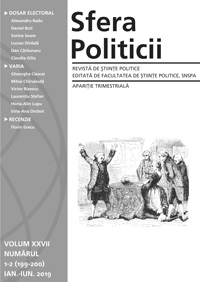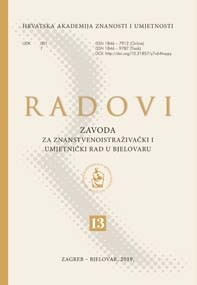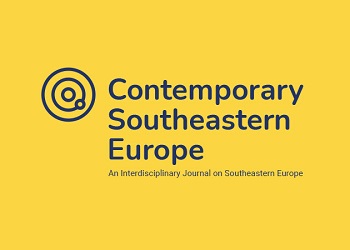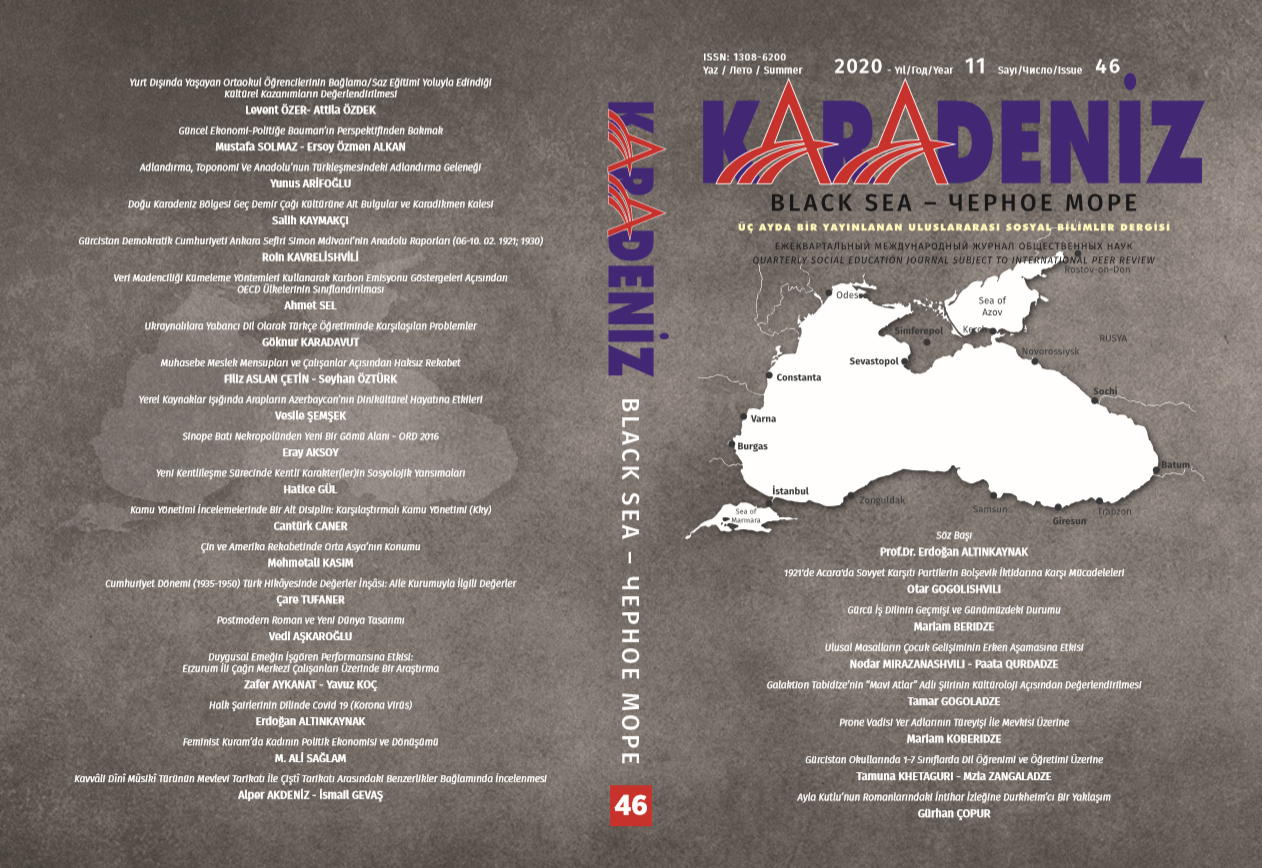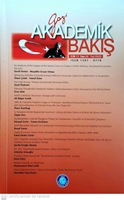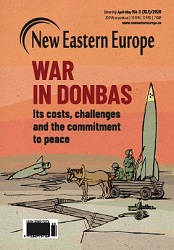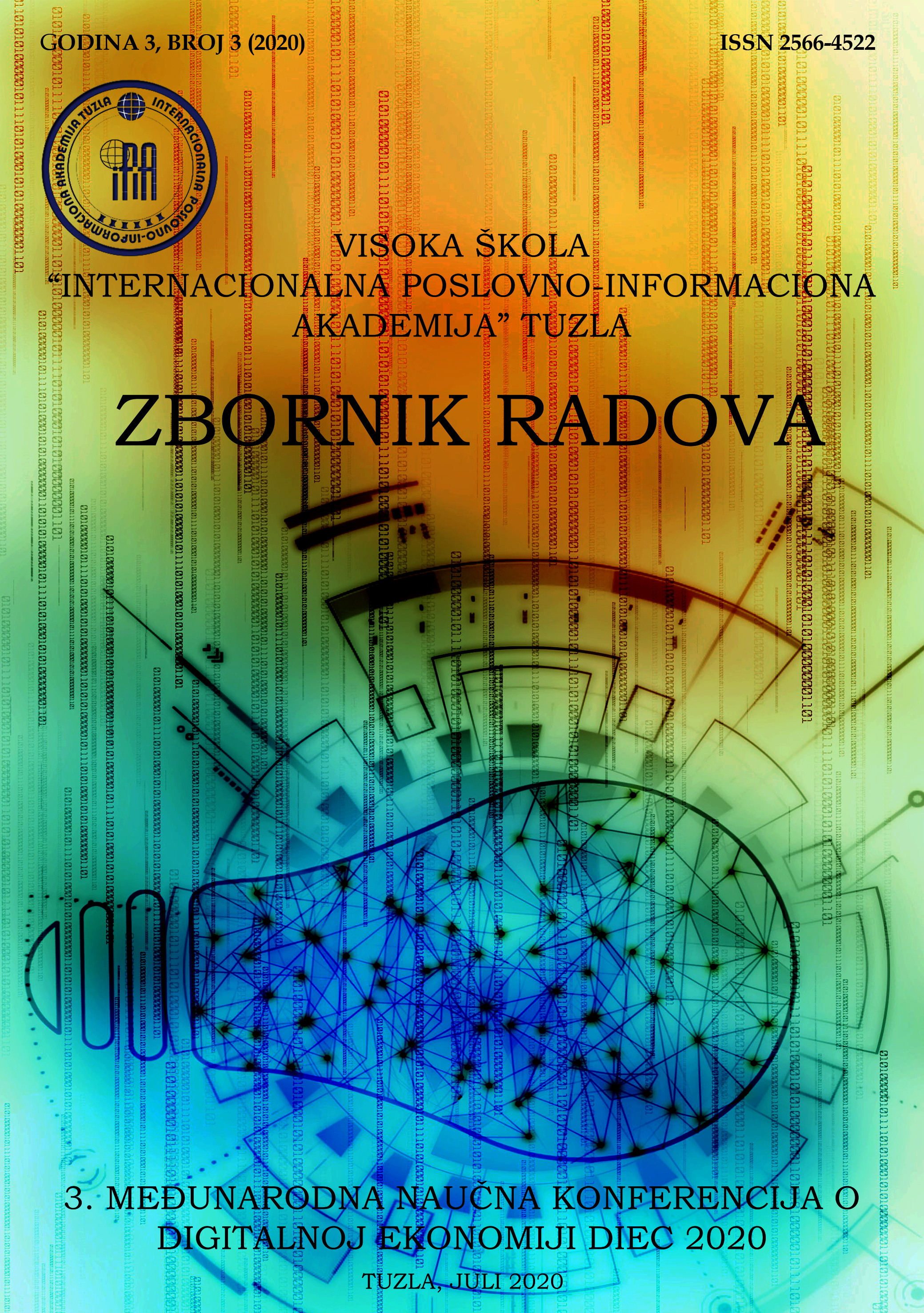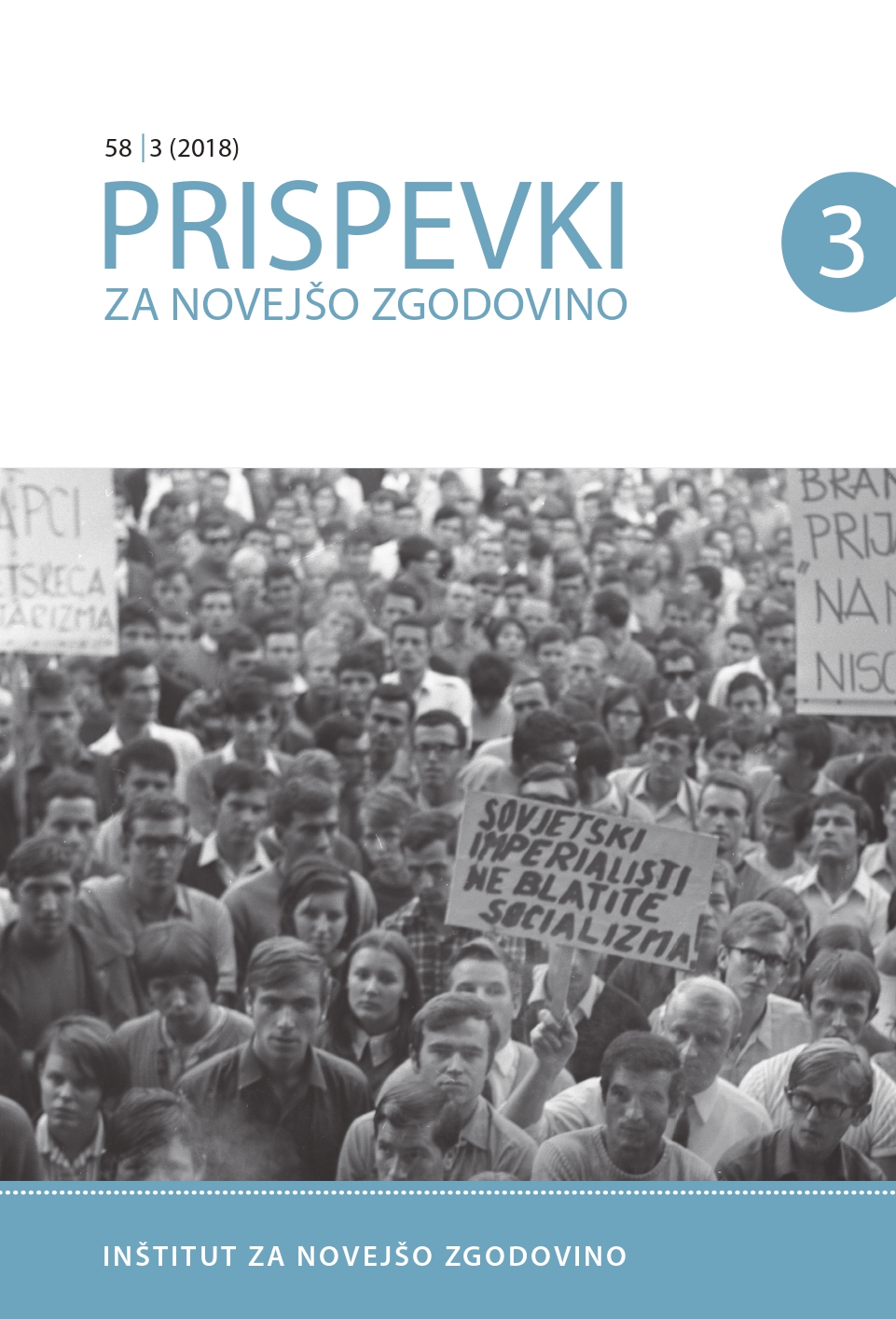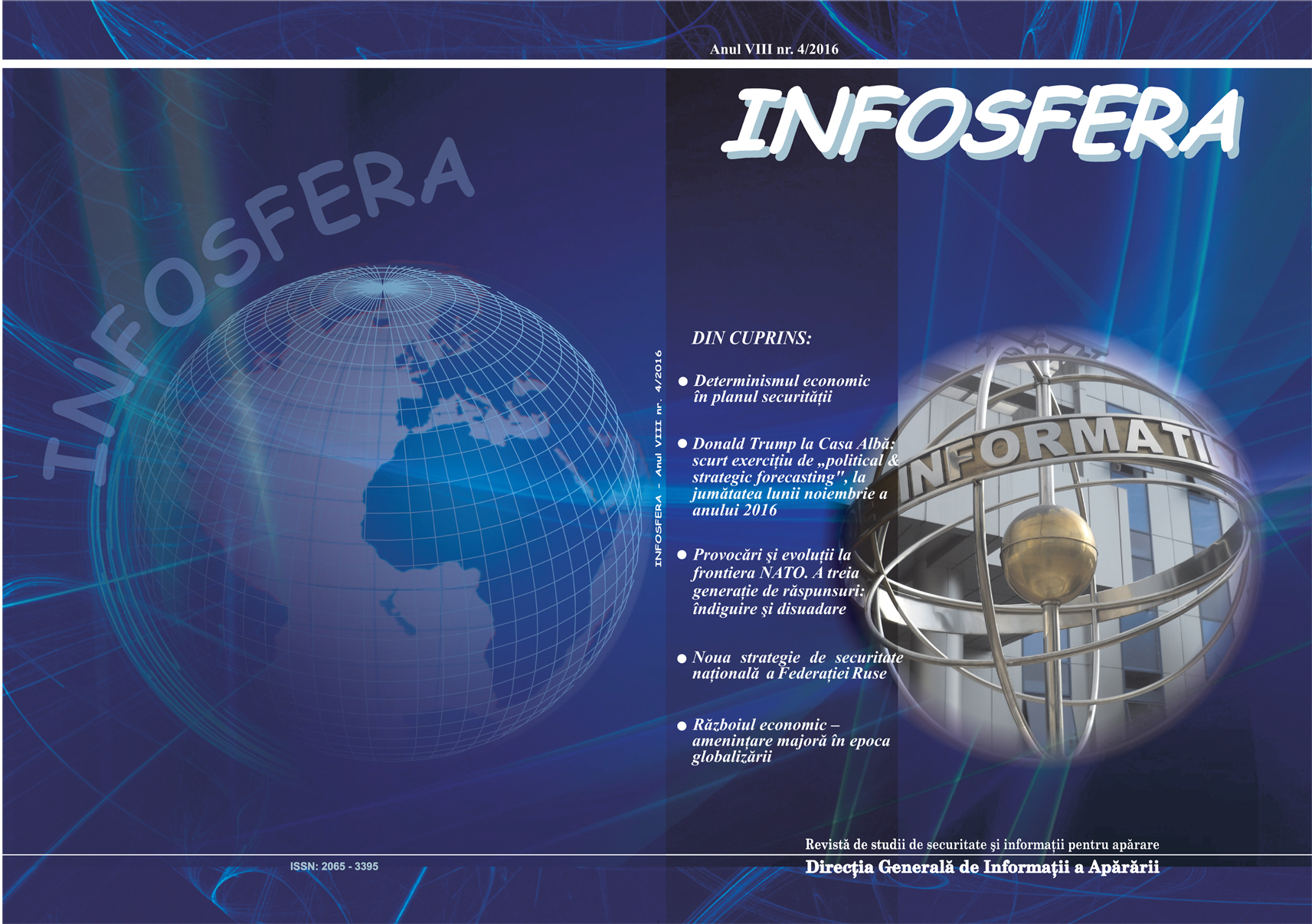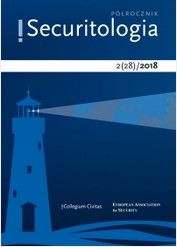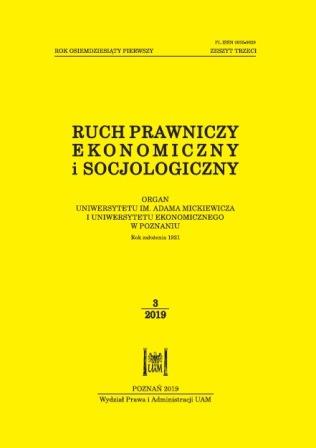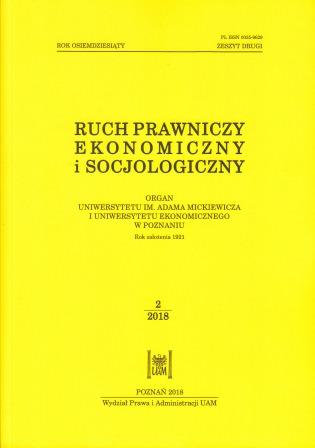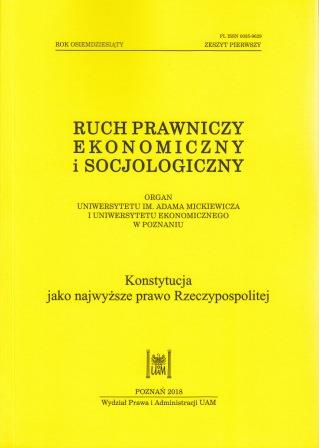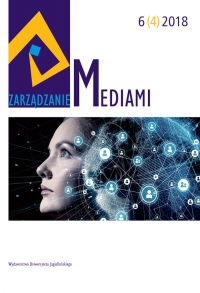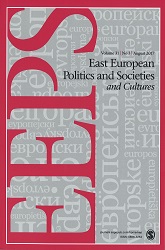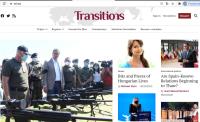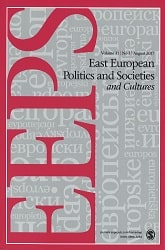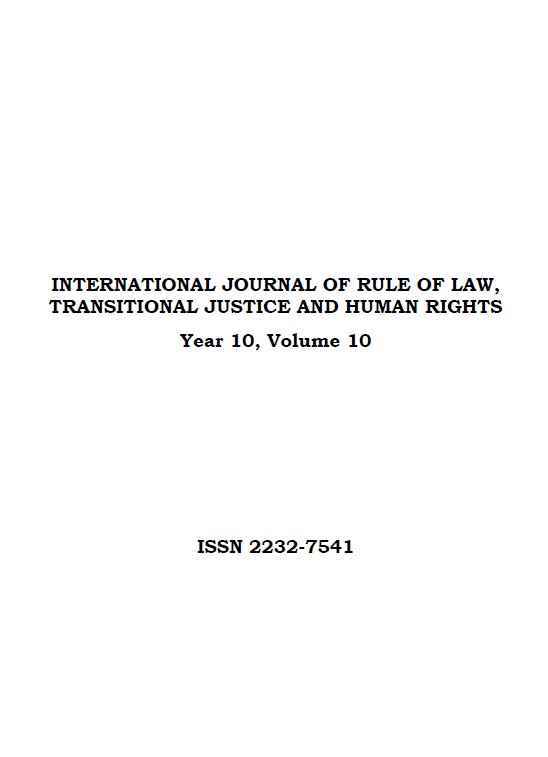
The right to stand for elections in the Constitution of Bosnia and Herzegovina as a basic political right in a post-conflict society
The right to stand for elections is one of the most important political rights in a democratic society. In the member states of the Council of Europe, it is for the legislative body also defined by the Article 3 of the Protocol No. 1 to the European Convention for the Protection of Human Rights and Fundamental Freedoms, which is directly applicable in Bosnia and Herzegovina. The right to stand for elections to the Parliamentary Assembly of Bosnia and Herzegovina is defined in Article 4 of the Constitution of Bosnia and Herzegovina and in Article 5 of the Constitution of Bosnia and Herzegovina for the elections to the Presidency of Bosnia and Herzegovina. The judicial protection of the right to stand for elections, particulary the decisions of the Constitutional court of Bosnia and Herzegovina and the European Court of Human Rights, is an important source of electoral law. Electoral legislation is specific in each country, because it depends on the political and historical development of a country. Therefore, it is not possible to expect the unification of it in all member states of the Council of Europe. In this area, countries will continue to have considerable sovereignty. European Court of Human Rights enables the countries certain margin of appreciation when it comes to limitations regarding the right to stand for elections, however it always considers if the domestic procedures are arbitrary and if they are leading to disqualification of an individual from standing as a candidate. In the case of Bosnia and Herzegovina the challenged provisions of the Constitution are a combination of ethnic origin (a statement by the candidate that he or she is a member of the “constituent peoples”) and a place of residence (in one of the two Entities of Bosnia and Herzegovina). The well-established case law of the European Court of Human Rights is that discrimination based on ethnic origin is a form of race discrimination which is prohibited by Article 14 of the European Convention for the Protection of Human Rights and Fundamental Freedoms and Article 1 of the Protocol No. 12 to the European Convention for the Protection of Human Rights and Fundamental Freedoms. All member states of the Council of Europe are within their margin of appreciation obliged to respect and execute the decisions of the European Court of Human Rights. The electoral system is of most importance in a post-conflicted society, because the electoral legislation that implements the principle of universal suffrage is condition sine qua non for democracy and the legitimacy of the elected representatives. Bosnia and Herzegovina will have to change the discriminatory provisions in the Constitution to ensure an effective political democracy in which also the members of minorities and other citizens who are not affiliated with the “constituent peoples” would be able to participate as candidates for the elections to the House of Peoples and the Presidency.
More...
